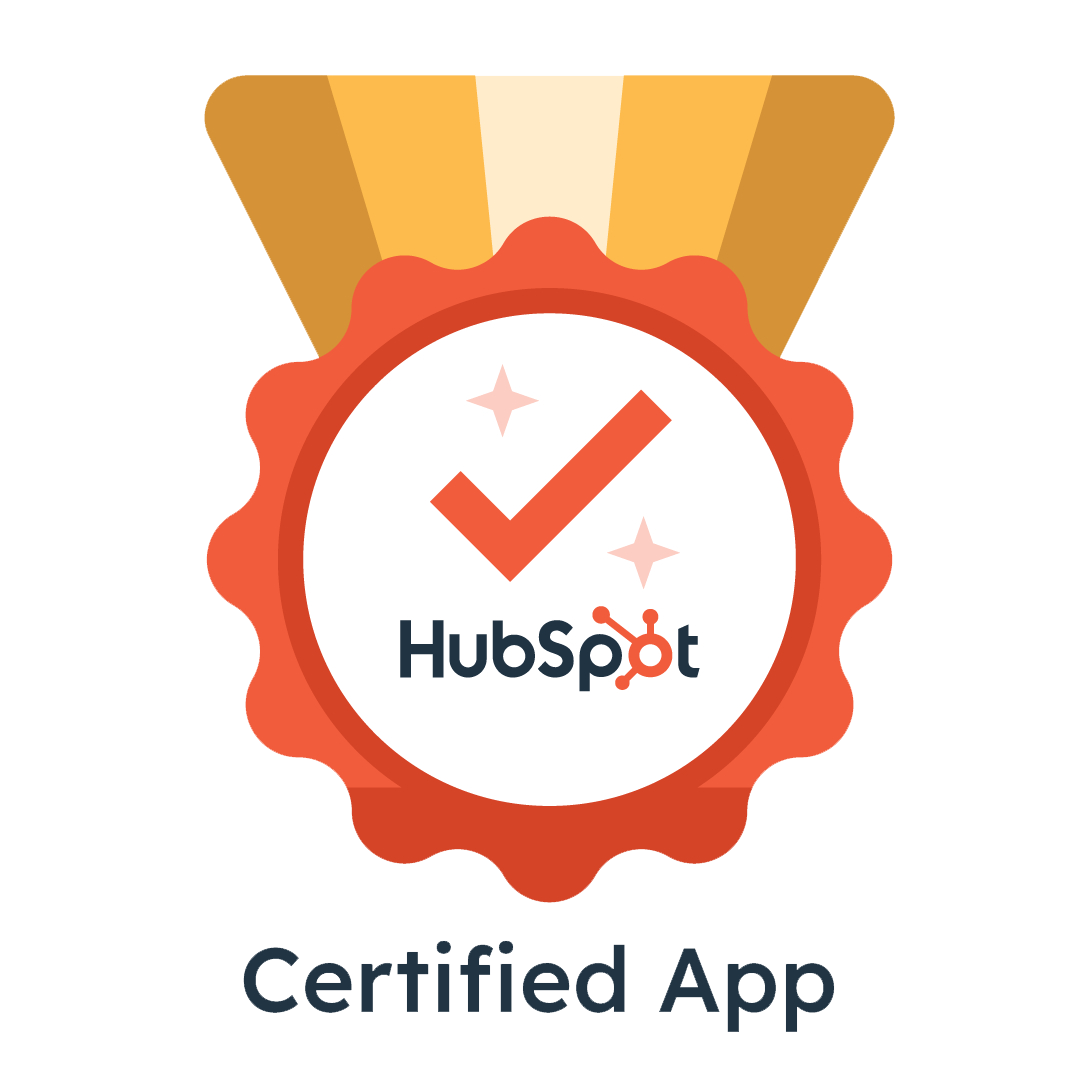Event Goals
Event goals are the foundation of any trade show or event marketing strategy. They guide planning, execution, and post-event evaluation, helping teams measure ROI and refine future efforts.
Clear, measurable goals ensure that every decision—from booth design to follow-up strategy—aligns with the desired outcome.
Common Types of Event Goals
- Brand Awareness
Increase recognition and recall through booth design, promotions, and social media.- Use eye-catching visuals and consistent branding.
- Track via surveys, web traffic, and engagement metrics.
- Lead Generation
Collect high-quality prospects through sign-ups, QR codes, contests, or demos.- Combine digital and in-person tactics.
- Measure by leads captured, conversion rates, and cost per lead.
- Customer Engagement
Build relationships with immersive experiences.- Use interactive elements like VR/AR, live demos, or Q&A sessions.
- Measure via activity participation, social mentions, and attendee feedback.
- Sales Conversion
Turn prospects into paying customers on-site or post-event.- Prepare sales teams to answer questions and offer event-only incentives.
- Track sales numbers and lead-to-purchase conversion rates.
Key Performance Indicators (KPIs)
- Leads generated
- Sales closed
- Booth traffic and dwell time
- Social media engagement
- Brand recall survey results
Strategies for Achieving Event Goals
- Pre-Event Planning
- Define SMART objectives.
- Promote through email, social, and targeted ads.
- Align booth design, staffing, and collateral with your goals.
- On-Site Execution
- Train staff to engage effectively.
- Create interactive, welcoming booth experiences.
- Monitor attendee engagement in real time.
- Post-Event Analysis
- Review KPIs and attendee feedback.
- Hold debrief sessions with the team.
- Follow up quickly with leads to maintain momentum.
FAQs About Event Goals
1. Why are event goals important?
They ensure all event activities align with business objectives, making it easier to measure ROI.
2. How do I choose the right event goals?
Focus on what matters most to your business—brand visibility, lead capture, engagement, or sales—and set measurable targets.
3. How soon should I set event goals?
Ideally during the earliest planning stages, so every decision supports achieving them.





